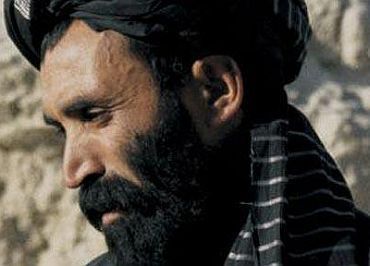The Taliban Monday admitted covering up longtime leader Mullah Omar’s death for two years, saying they had wanted to keep it secret until foreign forces ended their fight against the militants.
The Taliban Monday admitted covering up longtime leader Mullah Omar's death for two years, saying they had wanted to keep it secret until foreign forces ended their fight against the militants.
The group confirmed in July that Omar had died without saying when, deepening internal divisions with many insurgents accusing the leadership of keeping them in the dark while issuing statements in his name.
 The admission of a cover up was buried in a lengthy biography of new Taliban chief Mullah Akhtar Mansour, apparently published to boost his image and quell the growing internal rancor over his appointment.
The admission of a cover up was buried in a lengthy biography of new Taliban chief Mullah Akhtar Mansour, apparently published to boost his image and quell the growing internal rancor over his appointment.
Posted on the Taliban website in five languages, the biography acknowledged that Omar died in April 2013 -- as was first claimed by Afghan intelligence.
"Several key members of the supreme leading council of the Islamic Emirate (Taliban) and authentic religious scholars together decided on concealing the tragic news of passing away of (Omar)... and keep this secret limited to the very few colleagues who were already informed of this incorrigible loss," said the biography, which ran to nearly 5,000 words.
"One of the main reasons behind this decision was... that 2013 was considered the final year of power testing between the mujahideen and foreign invaders who... had announced that at the end of 2014, all military operations by foreign troops would be concluded."
NATO ended its combat mission in Afghanistan last December and pulled out the bulk of its troops, although a 13,000-strong residual force remains for training and counter-terrorism operations.
Omar, dead or alive, was seen as a unifying figurehead who observers say kept the fractious movement from splintering as the rival Takfiri group, ISIL (so-called Islamic State in Iraq and Levant) group began making inroads into Afghanistan.
The Taliban had continued as recently as July to release official statements in the name of Omar, lionized as a "commander of the faithful" who commanded the loyalties of militants across the region.
But they apparently came under pressure to confirm his death after the Afghan spy agency said he died two years ago in a Karachi hospital.